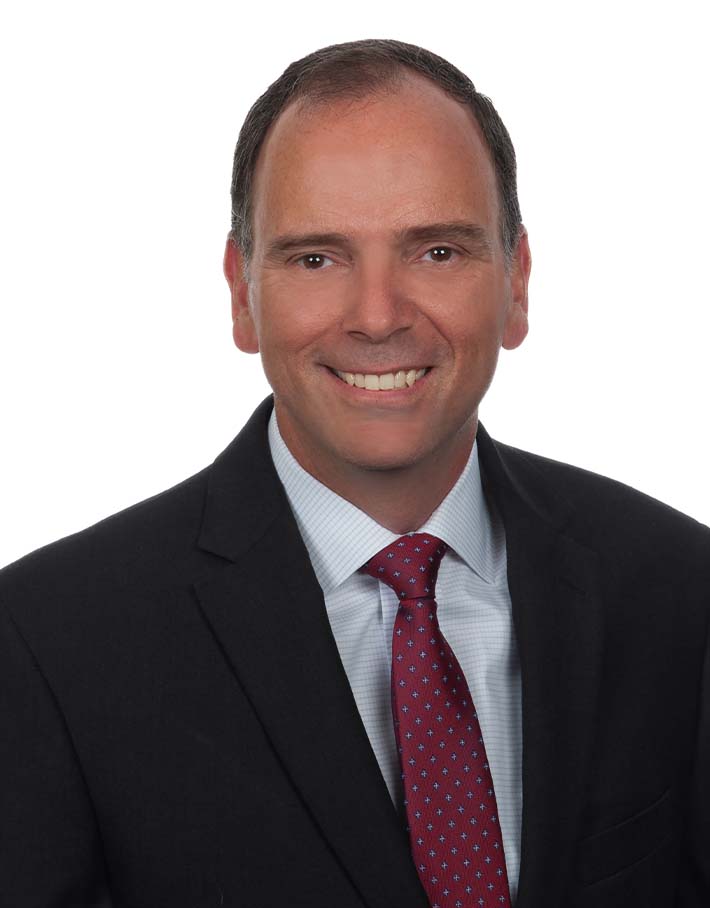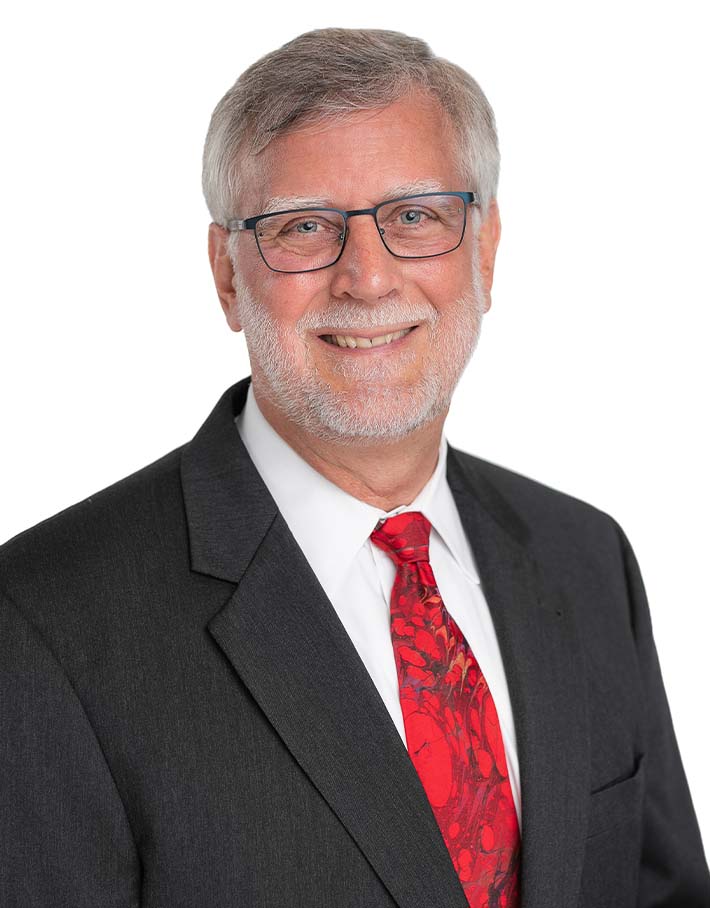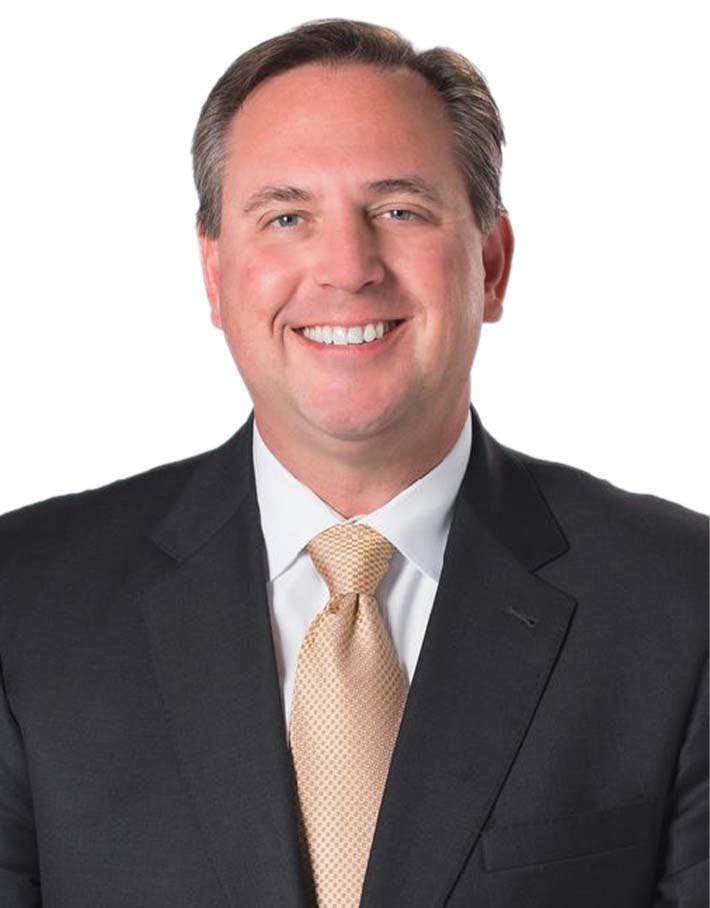Should You Outsource Your FINOP Position?
By Robert Hall, Jeff Harpel and Clark Tucker
Subscribe to our original industry insights
If you are having trouble keeping up with your FinOP reporting, worried about making mistakes, or are a newly-licensed FinOP but need more experience, outsourcing the job, even temporarily, may be the answer. This week Oyster Founder and CFO Rob Hall and FinOP Consultants Jeff Harpel and Clark Tucker talk about what an outsourced FinOP can do for your firm and common mistakes FinOPs make.
Transcript
Rob Hall: 0:05
Hi everyone. I’m Rob Hall. I’m the CFO of Oyster Consulting and the host of today’s podcast. Are you trying to decide whether you should outsource your FINOP position ? Today’s podcast might be able to help you with that. Today I’m here with Oyster’s FINOP Consultants, J eff H arpel and C lark Tucker, and we’ll discuss why it’s a good idea. Jeff and Clark both have extensive experience as Outsourced FINOPs, as well as having held CFO and FINOP positions in the securities industry prior to working for Oyster. Clark, why don’t you give me a brief overview of what a FINOP is and how Oyster can help?
Clark Tucker: 0:44
Well, FINOP is one of the three required functions for a broker dealer, and you have to have a CEO Executive Rep, you have to have a Chief Compliance Officer, and you must have a Financial Operations Principal. And, obviously, the roles and the duties associated with them are segregated. But to focus on the FINOP r ole, it’s the o verseeing, the supervision of all of the financial and operational aspects of the broker dealer. I think we focus primarily on the financial and regulatory reporting aspects of that role. So in doing that, we work with local teams, with the staff, with t he accountants or bookkeepers at firms. We try to review everything t hat’s taken place t o make sure that it’s compliant, and then take from that to prepare financial reports and regulatory reports. We then ensure that the firm is compliant and remains compliant in its filing, and i ts contact and interaction with its regulators. So, we can help you fill that gap when that gap e xists, a nd the experience may not be r esident already in a broker dealer.
Rob Hall: 2:05
Well , Jeff, what do you think makes a good CFO or a FINOP?
Jeff Harpel: 2:14
Well, I think there’s a couple of ways to look at that. I mean, first, is to be a good FINOP. In my mind, you need the background and experience working in a broker dealer. It’s a very specialized industry with very specialized rules like the net capital rules, and the other financial responsibility rules that Clark was talking about. And if yo u’ve n ever been exposed to them at all, they’re going to seem like they’re from out of left field; you’re really not goi ng to kn ow what’s going on. So you really need to have had experience in the business, in the industry. You also need to be able to see the big picture of things. The financial responsibility roles require a lot of information about the firm in total. And if you really don’t understand an entire firm or the entire business, it’s very difficult to be sure. We always have to be sure that you really are in compliance, that you’ve asked every question you need to ask, that you’ve got all the documentation you need to really ensure you’re compliant with all the rules. So I think those are very important. And with those go all the things you might typically think of as a good accountant or controller, or CFO, as far as being very detail oriented, very cognizant of deadlines, tasks that need to be completed. The order of those tasks and all of those kinds of things you might typically think of as (and I’m an accountant so I guess I can say this) an accounting mentality or an accountant’s mentality. So I mean, I think all those are necessary to be a very good FINOP.
Rob Hall: 4:19
Your comment, Jeff, was good, in that , you can’t turn an accountant into a FINOP unless they know the firm. You can’t just hire an accountant and then expect them to take the series 27 and be the FINOP unless they have the experience with the firm.
Clark Tucker: 4:45
A hard and fast requirement from FINRA is that someone doesn’t just take the test and then get anointed the responsibility, because they can’t possibly know it. And yet there is usually the one-year rule, or guideline, where you have to have the credentials plus the appropriate experience. And that’s where, periodically, you see where someone thinks, “Oh, well I passed the test. Now I’m as good as you are.”
Rob Hall: 5:10
And we’ve run into that in our experience. I know, Clark, you worked on a number of engagements where they’re trying to find somebody to sort of fill a full time position and you’re filling in until they find that person.
Clark Tucker: 5:24
Beyond that is when they find that person, while that person is gaining experience, we continue to transition the roles. So, for some period of time I would work with that person while I’m still the FINOP, but then, at a point in time, six months or a year out, we transition that, and that person becomes the main FINOP. Yet, we’re still there behind the scenes in a support role to help them with any odd questions that come up, so that even once we’ve made that transition, we’re still a support for them.
Jeff Harpel: 6:06
I’ve had that experience too, where, in my case, the person who was going to take over was actually already identified, but they needed to pass the exam, and they also needed to get the experience. So, we act as the FINOP for that year, typically. After that year, we became support. T hey become the main FINOP, and we gave them support, a nswered questions, built on their experience, filled in the gaps. I t works really well, actually, for the client.
Clark Tucker: 6:39
It’s important that potential clients understand that’s actually a normal part of what we’re doing. It’s not as if we came in on a temporary basis, and then t here’s some concern about ending the relationship, because this is a smooth off-ramp to the relationship. We can come in when they need immediate help and give them that help, and work with their people and get everyone trained up, and build the new norm of what needs to happen. And then, at the time when it’s appropriate to hand it off and reverse the roles, it’s not like we’re g oing t o just walk away and they don’t have to feel like we have walked away. We just t ransition the role and continue to support them until that new person really is fully up and running. And that’s a very normal part of what we do.
Rob Hall: 7:35
So that actually goes right into my next question. What are the common mistakes that an inexperienced FINOP might be making? Jeff, did you have to handle that one?
Jeff Harpel: 7:46
I mean, to me the most common mistake, and I don’t know if I want to call it a mistake exactly, but it’s really that lack of knowledge or experience. It’s easy to read the rule book and think, “Okay, I got it. I’m going to go do this.” And you might not realize there are certain nuances or interpretations that regulators have that you have to take into account. I was younger once. I can say this: I think. It’s ki nd of easy to be young and cocky and overconfident, and you’ve got to b e careful. Don’t be afraid to ask a question, or be afraid to say, “Hey, I need a little help on this.” I know all this, but there’s this one thing. A very common mistake is to not do that. You can end up in nice deep water if you do that.
Rob Hall: 8:43
I know that I’ve called and asked you questions a number of times.
Jeff Harpel: 8:47
Everybody, I mean everybody, pretty much, I know or worked with in the FINOP world – people who have done the role and you call them and you ask questions. The field, in my estimation, I think Oyster is a terrific example of this, is how we help each other out. You know, the five minute question? We c an save you millions o f dollars d own the road. So don’t be afraid to do that. Don’t be afraid to pick up the phone. And if it turns into a bigger question, we ll, t hen we can help you in other ways. But ask questions. I think that’s advice to anybody starting out. You might call me and I have a whole bunch of other people I can also call, so it’s not just us. We’re leveraging that out. You get the best answers we can possibly get. If we don’t know, we find it.
Clark Tucker: 9:43
I agree with that. To build on what Jeff just said, I think that if you’ve been in this business long enough, you realize that there are enough odd nuances to different things that makes you then understand you probably don’t know all of the questions. And if you have someone with different experience or more experience, that’s always a good thing because that person may see the unknown to you, and may know the question that should be asked, and then ask it and get the answer to it. Or know whom to pull in a given a certain topic that someone based on limited experience might not register as a point of focus. But someone with experience and a team of people might be able to help in those peripheral ways that are not as obvious to a brand new person with a shiny license.
Jeff Harpel: 10:44
Another mistake: You learn something and you think you have it. But if you’re not keeping up to date and current with anything that might change, what you learned five years ago, might be wrong today. And if you’re not reading or attending conferences or talking to other people, it’s really easy to get into the trap, “Well, that’s what I did before and it was always right and acceptable”. But it might not be today. So you have keep up, you have to keep current, you have to keep in touch with regulators, other industry leaders, and things like that.
Rob Hall: 11:23
That’s a good point. Clark, so last year they came out with a new Principal Financial Officer versus Principal Operations Officer rule. What are your thoughts on that?
Clark Tucker: 11:36
I think that this is an example of the industry finally recognizing the realities of the situation in a lot of firms and small firms with limited purpose – one line of business or what have you. The roles c ould be easily combined, etc. But in larger firms with different avenues of business and different functions, I think it is probably safely stated that it’s largely untrue that a single person actually had effective control of all of the m any functions that were taking place. In my experience, at least the person that was really over the financial operations of the firm, had much less to do with the day-to-day operations of different departments. And this division of titles allowed for responsibility to be assigned at a more local level with yes, granted, still one single senior point of focus. But still, this allowed for different people to be responsible for their areas of expertise with their areas of responsibility at a more local level. I think this was a long overdue correction, t hat instead of having everything go to a single person, i t’s allowing for a more accurate reflection of the business and how it’s being run. I celebrate it.
Jeff Harpel: 13:12
I agree with that. For many years, especially if you were in a large, say clearing firm, you had to be very careful how you defined your roles or the responsibilities in your job descriptions, and things like that. Because if you were the Principal Financial Officer or the Principal Operations Officer, you both had Series 27 licenses and it was very easy for a regulator to say you crossed the lines. And this, I think, clarifies that greatly. So now you have a Principal Financial and the Principal Operations Officer, and they have their own set of expectations. I think it’s great. I agree with Clark.
Rob Hall: 13:59
Now for small firms, though, it’s possible for the same person to fill both roles, correct?
Clark Tucker: 14:06
It is. And it’s not a conflict either, because with a small firm , you typically have, obviously, much lower activity, but you also have different kinds of activity. You tend to focus the activity. It might be a private placement firm or an advisory firm, but they have very narrowly focused lines of business. Where I think it has and did become an enormous problem was when you had larger firms or retail-oriented firms or clearing firms, where you had a cashiering function that would be on the operational side , but critically important , as opposed to financial accounting on the other side. Typically, the person that’s responsible for the financial accounting and the real books and the reporting doesn’t have as much to do with the day-to-day functioning of say, a cashiering unit. And that’s an example of where this allows each group to really be held to this level of responsibility and experience. And we’re not so blurring the lines by grouping all of this under one thing. That’s a good example there. But yes, in a small firm, the a ctivity’s very different. The volume is very different. And generally speaking, I think that the specific day-to-day functions that are being processed are much more narrowly focused a nd much more easily supervised.
Rob Hall: 15:40
Okay. Jeff, anything to add there?
Jeff Harpel: 15:43
Not really. I think that’s exactly right.
Rob Hall: 15:47
Well, what are the regulators looking for when they come in and do an audit of the financial responsibilities and net capital?
Jeff Harpel: 16:02
Well , let me answer the first part of that. Going back to a previous question about mistakes, this can be a common mistake. And it also is a very easy area for regulators to pick up or pick out and pick on – the whole notion of documentation. It’s the old adage: if you didn’t document it, it didn’t happen. So we’re all used to that, be it compliance, auditing or whatever. But it’s very true for any of the FINOP functions, too . If you’re going to comply with t he capital rules, you’ve got to be able to document that you’ve done the proper procedures and that, things you’re calling allowable a re, and things you’re calling allowable aren’t, and you’ve g ot t o be able to prove it. And a lot of times you m ight have done it right, but you can’t document it. Particularly smaller firms might not be used to that level of documentation. So a common mistake, and also something regulators pick on is, have you documented everything that you say you’re going to do, i s it there in the work papers? So, one – that’s a common mistake, and two – examiners will look for it.
Rob Hall: 17:17
Thank you. Make sure you initials the things that you have reviewed.
Clark Tucker: 17:24
If you’re the FINOP you’re the custodian of the firm’s books and records, and that’s clearly enumerated and you are , as Jeff said, responsible for ensuring that the firm is maintaining the right books and records in the correct manner for the appropriate amount of time. And that they’re easily accessible when they need to be. And that is certainly a responsibility of a FINOP.
Rob Hall: 17:50
Any other questions or comments that either of you guys think are pertinent?
Jeff Harpel: 17:56
No, nothing’s that’s coming to mind. Okay.
Rob Hall: 18:02
Then thanks to you both for sharing your experiences. Also, thanks to everybody for listening. If you have any questions about what we’ve discussed or other FINOP questions, or if you have any topics that you’d like us to discuss in the future, feel free to call us at 804-965-5400, or visit our website at www.oysterllc.com.





